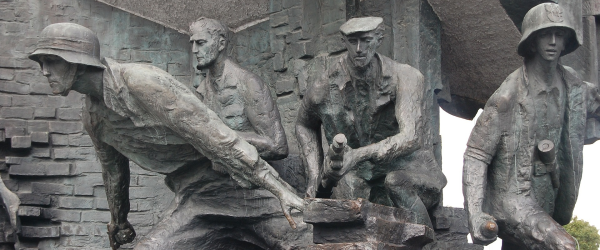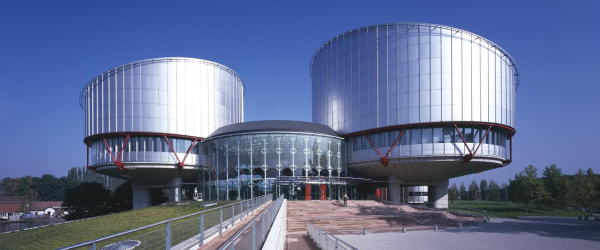
In a decision of 29 October 2010 (IV CSK 465/09), the Polish Supreme Court examined the case of Wincjusz Natoniewski, a survivor of the Second World War, who instituted civil proceedings against the Federal Republic of Germany claiming compensation for injuries he suffered as a consequence of acts perpetrated by German armed forces in 1944. This case is one of many in which survivors of large-scale armed operations against civilians and other barbaric acts seek compensation from the state. Such cases involving serious human rights violations call into question the issue of a state’s entitlement to immunity.






